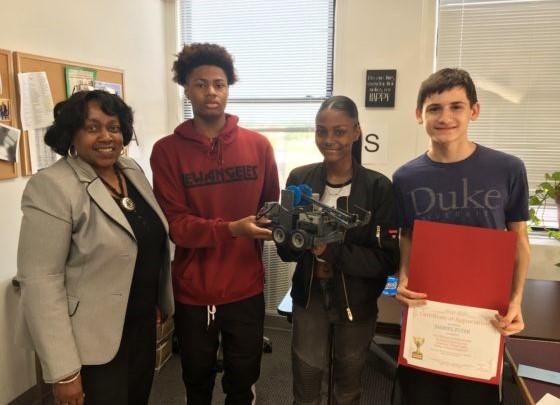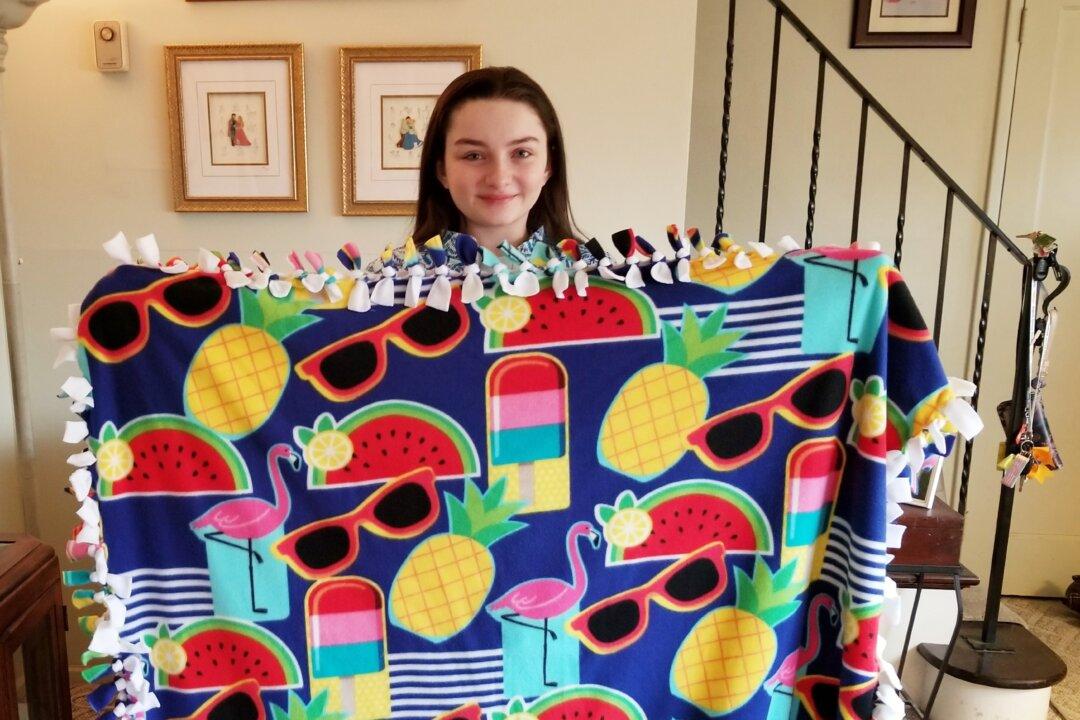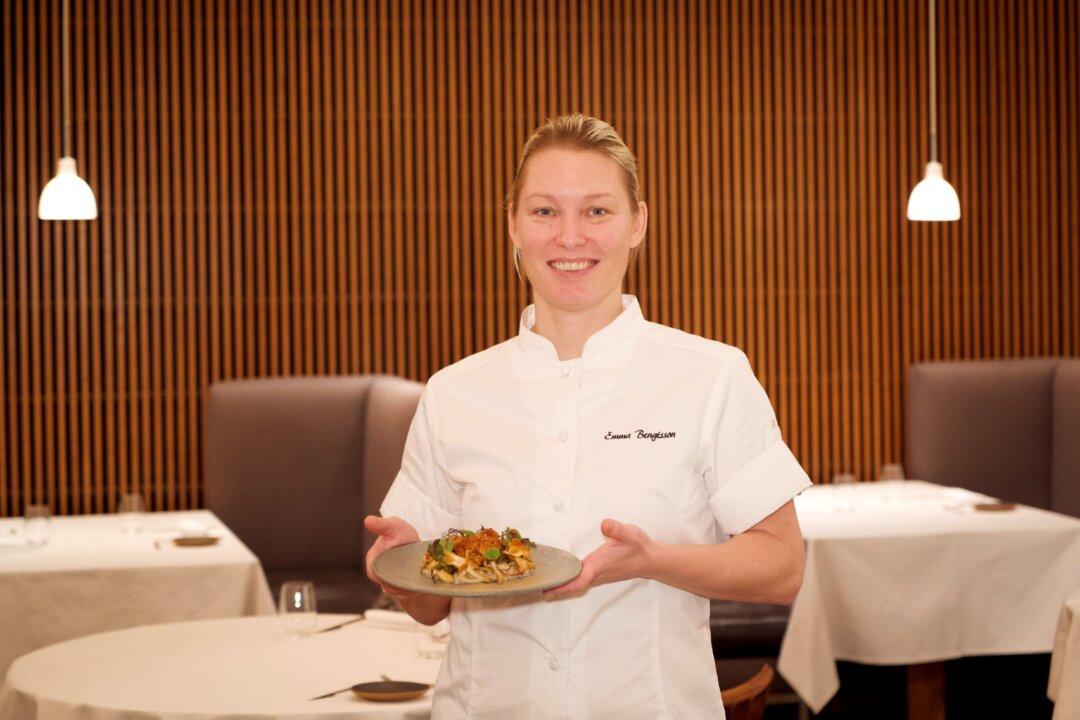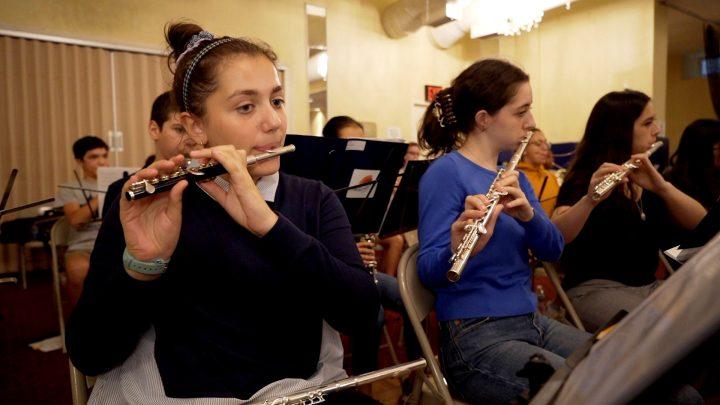Voza Rivers, the executive producer of the Harlem Week Festival and founding member of New Heritage Theatre Group, has helped shape and influence Harlem through arts and theatre.
Award-Winning Theater Producer Helps Strengthen His Community
Voza Rivers, the executive producer of the Harlem Week Festival and founding member of New Heritage Theatre Group, has helped shape and influence his community through arts and theatre.Voza Rivers has helped shape and influence Harlem, New York, through arts and theatre.
|Updated:




